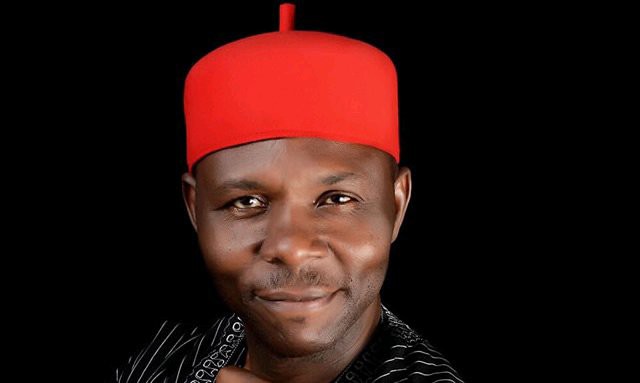In a candid interview on Arise TV from 4:54, former Senator Chukwuka Utazi presented a detailed argument for regional restructuring, drawing parallels with Nigeria’s First Republic to advocate for balancing regional representation.
Utazi highlighted existing constitutional mechanisms for such changes: “You have the National Council of States. If they meet—if the federal government is interested—just like it was done in 1964, the Midwestern region was created.” He emphasized the historical precedent: “Nigeria has done it before, and during a civilian regime in the First Republic.”
The former lawmaker outlined the feasibility of such changes, noting: “So it means it can be done once there is a meeting of the minds between the central government, the federal government, and the component states of the federation that this should be done.”
To support his argument, Utazi presented a detailed analysis of current regional distribution: “If you look at the six geopolitical zones we have in the country today—you have six states in the North Central, the Northwest has seven, the Northeast has six. You go to the Southwest, it has six; South South, six. You come down to the Southeast, you have five.”
Drawing a parallel with historical precedent, he argued: “But if the country, in 1964, saw the reason to create the Midwestern region out of the Western region, I don’t see the reason why the federal government cannot look into the Southeast, which has been agitating and asking for parity.”
His analysis highlights the ongoing debate about regional balance in Nigeria’s federal structure, suggesting that historical solutions could address contemporary challenges of representation and equity.
These comments contribute to the national conversation about restructuring and regional balance, presenting a case for addressing perceived inequities in Nigeria’s current federal arrangement through established constitutional mechanisms.
To Get More News, Click The Button Below.👇

